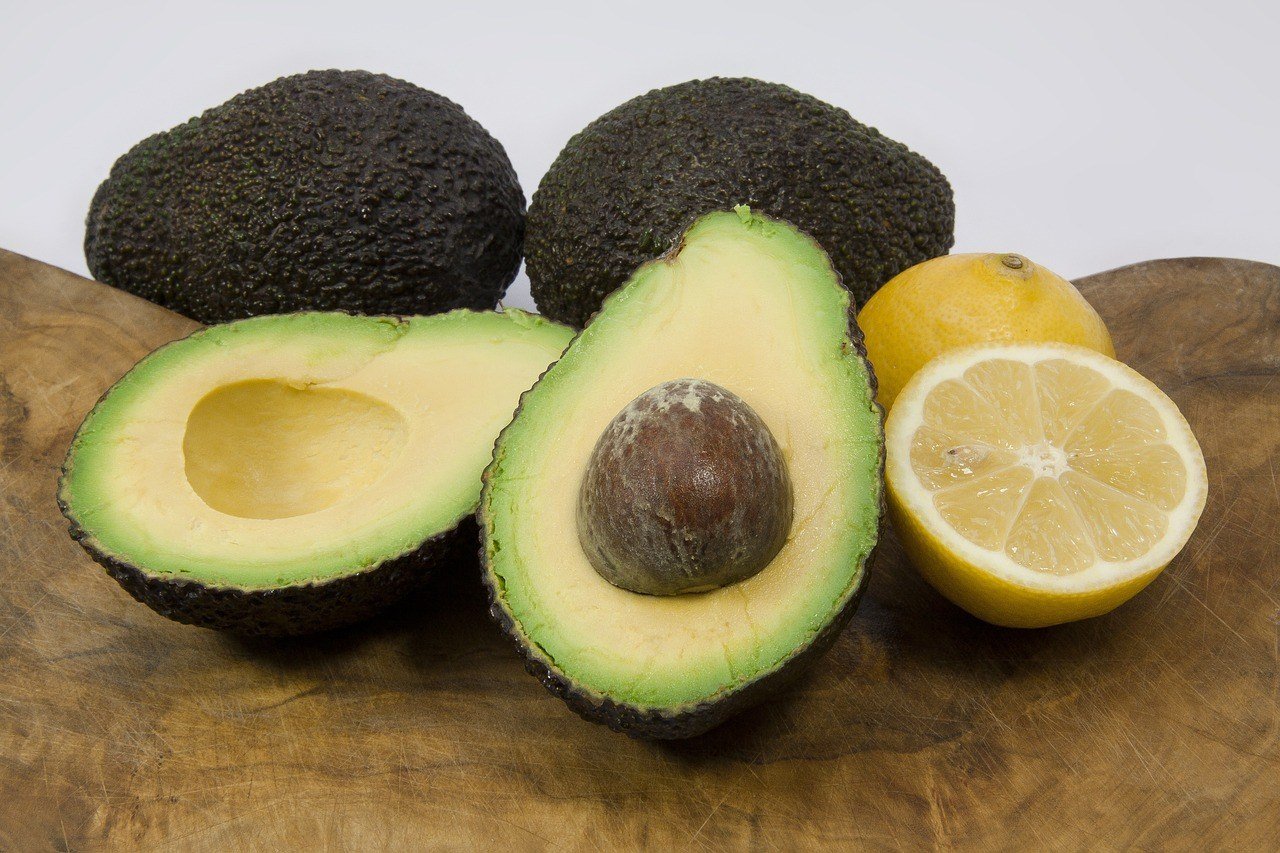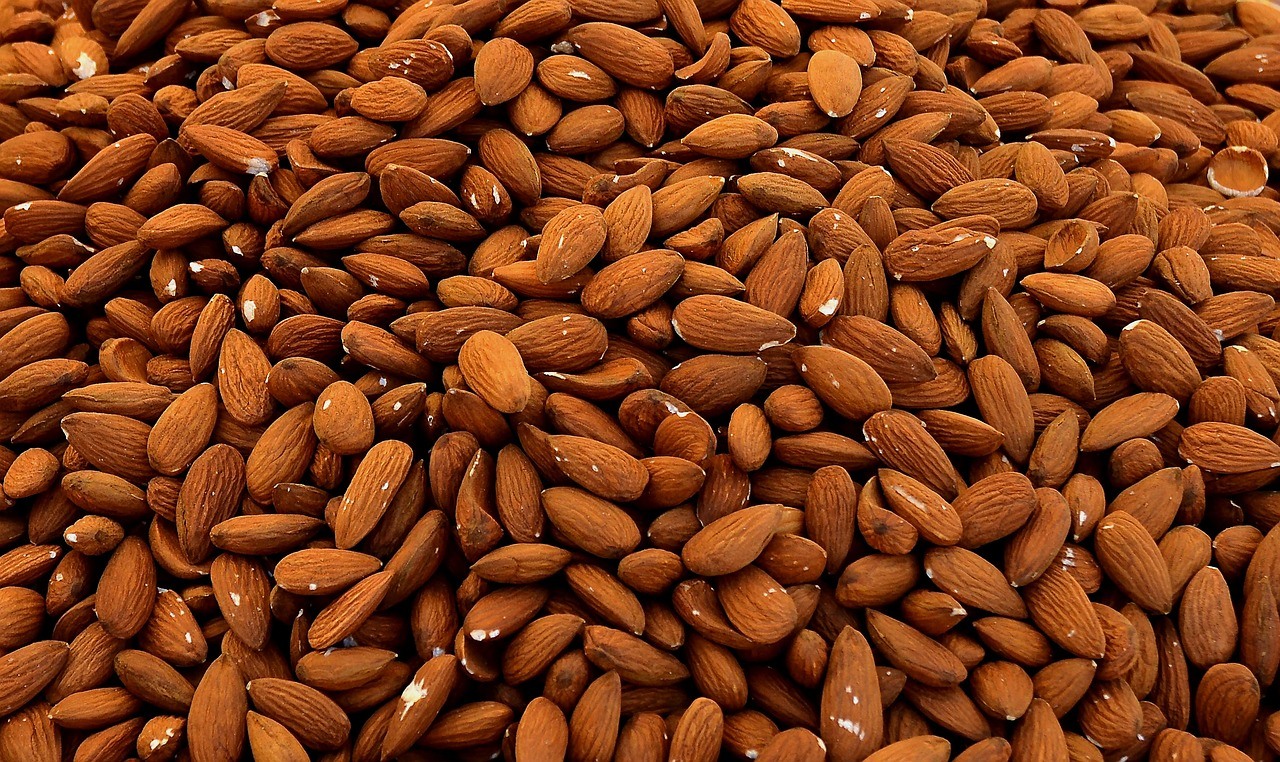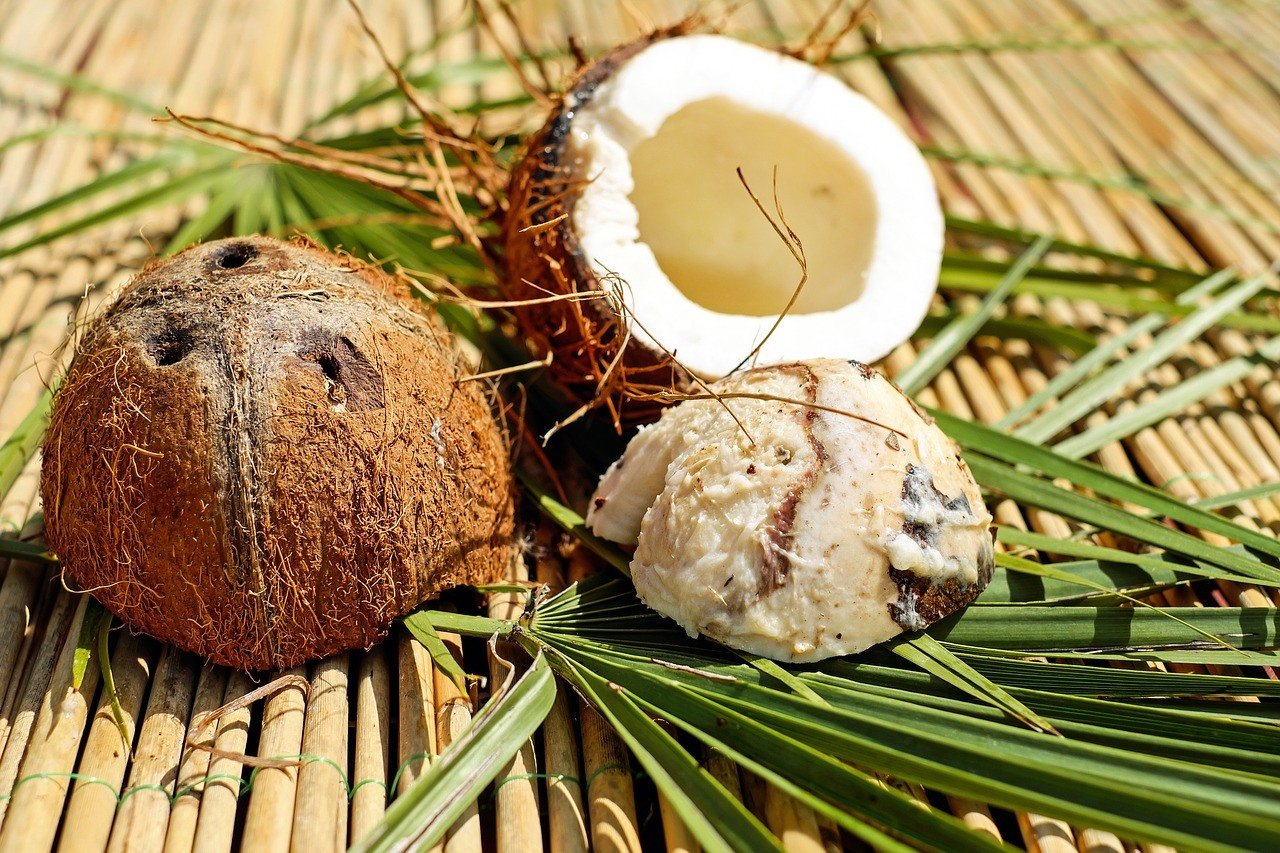If you are of a certain age, you probably remember the “fat scare” of the 1980’s and 1990’s, when America looked at its growing waistline and decided that the fat in its diet was to blame for its increasing problem with obesity. Americans were warned about eating high-fat foods and instead were directed towards a low-fat, high-carbohydrate diet. The result? The national average weight actually grew and now, according to the National Institute of Health (NIH), two out of three Americans are overweight or obese.
Believe it or not, adding healthy fats to the diet can actually turn around disturbing trends like these.
Greek Yogurt
The recent craze for Greek yogurt is not just because it is so delicious. It is incredibly healthy, too! Although this thick, tangy yogurt is high in fat, it contains a special fatty acid called CLA which in many studies has shown to actually help those who are overweight reduce their waistlines and achieve their weight loss goals. It has also been linked to a reduction in diabetes and heart disease.
The great news is that Greek yogurt doesn’t just bring you healthy fats, it is also a rich source of probiotic bacteria for gut health and calcium to keep your bones healthy and strong and prevent osteoporosis.
Yogurt can be eaten in parfaits or added to smoothies for a delicious and nutritious treat.
Fatty Fish
Fatty fish such as salmon, tuna, mackerel, or trout are another great choice if your aim is to get healthy fats into your diet. These fish are also rich in omega-3 fatty acids as well as other healthy acids like EPA and DHA. In many clinical studies, these have all shown to help reduce inflammation throughout the body. Reducing inflammation reduces your risk of serious diseases like diabetes and cancer. It also provides you with high-quality protein that you need to build lean muscle mass.
Fish can be eaten baked, pan-seared, or added to dishes like salmon loaf for a quick, easy, and delicious meal.
Olive Oil
Many dieticians believe that the so-called “Mediterranean” diet is so healthy because of its emphasis on olive oil, among other healthy foods. Studies have linked this kind of diet which emphasizes olive oil, fish, and fruits and vegetables to lower rates of obesity, type 2 diabetes, and heart disease. In one study published in the journal Molecule, it was found that several compounds in olive oil such as the oleic acid have anti-aging properties as well.
Olive oil can be used for making stir-fried vegetables, pasta sauce, or mixed with lemon juice for a healthy salad dressing.
Avocados
Avocados were also once avoided by dieters because of the fact that they are high in calories and fats. However, the healthy monounsaturated fats that these fruits contain are actually of great benefit to your health. In a 2014 study, researchers found that when avocados were fed to obese rats their LDL “bad” cholesterol levels and triglyceride levels (both major risk factors for heart disease) actually dropped significantly.
Avocados can be made into classic dishes like guacamole, sliced fresh into salads, or added to smoothies.
Eggs
Many health organizations warned consumers against eating more than one to two eggs a week because of the fact that they are high in cholesterol. However, the link between cholesterol in the diet and cholesterol that builds up in the arteries is not as strong as people once thought, and the fact that eggs are so rich in omega-3 fatty acids makes them a health food. This is especially true if you can get organic eggs from pastured, vegetarian-fed hens. They are also a great source of high-quality proteins for those following a vegetarian diet. Eggs are incredibly versatile and can be made into omelets, quiche, and egg salads.
Nuts
Tree nuts such as cashews, almonds, and walnuts are a wonderful source of healthy, unsaturated fats as well as plant-based proteins (making them a great choice for vegan and vegetarians), antioxidants like vitamin E, and dietary fiber to help maintain a healthy digestive system.
One study published in the British Journal of Nutrition found that a diet rich in unsaturated fats like those in nuts can help to reduce the risk of developing heart disease by 30%, diabetes by 50%, and the incidence of strokes by 50%.
Nuts can be made into nut butters or nut milks (like almond or cashew milk) or added to stir-fries and pasta dishes.
Coconut Oil
People used to skip out on coconut oil especially if they were dieting since it had one of the highest concentrations of saturated fats that you can eat! Nearly 90% of this food is made up of medium-chain fatty acids (MCFA’s), and a fatty acid called lauric acid. In multiple studies, these MCFAs have been found to reduce inflammation throughout the body (which also reduces the risk of serious conditions like heart disease and cancer) and to provide important antimicrobial properties to reduce the risk of infection as well. With a rich taste like coconut oil, what’s not to love?
Coconut oil can be used for stir-fries and other frying needs to make dishes both more delicious and healthier.
Dark Chocolate
What woman isn’t excited about the fact that, far from being unhealthy, a moderate amount of dark chocolate in the diet can actually be good for you? It’s true! A study from Louisiana State University found that people who included dark chocolate in their diet at least five times a week (in other words, almost daily), were several points lower on the body mass index (BMI) than those who did not. Dark chocolate not only gives you healthy fats but anti-aging properties from antioxidants as well! Dark chocolate can be eaten as is or added to smoothies or oatmeal to increase the healthy benefits of these dishes.
All fats were not created equal! The healthy high-fat foods mentioned above can not only add flavor and goodness to your diet, but can also help lower your chances of many serious chronic conditions like heart disease and diabetes and are a necessary part of a truly healthy and balanced diet.




















































